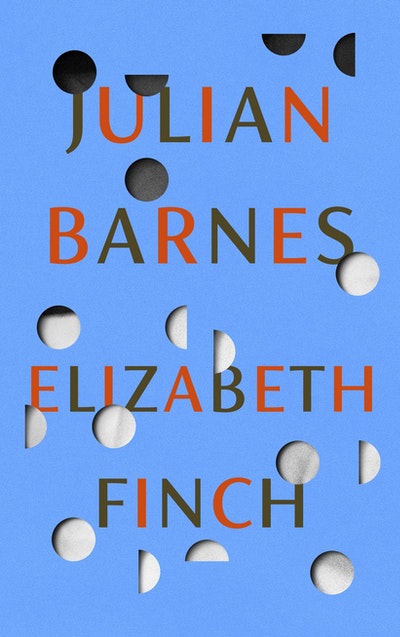Julian Barnes stretches our philosophical brains in his latest novel Elizabeth Finch (Jonathan Cape Penguin Random House 2022). Divided into three parts, this book in narrated in the first person by a man who first meets Elizabeth Finch when he is a mature age university student; she is teaching ‘Culture and Civilisation’. EF is an enigmatic and slightly eccentric character, and the whole novel is a study in deep characterisation, in addition to a thought-provoking inquiry into philosophy, history, religion, theology and culture.
The first section depicts the narrator’s relationship with EF and the effect she has on his life. The second is a piece of writing (biography?) that he assembles about her life, and the third is a slice of his life many years later. EF is obsessed with Julian the Apostate, particularly the (supposedly) last line he uttered on his deathbed: ‘Thou hast conquered, oh pale Galilean’. The book, written in spare and restrained prose, is a mediation about conflict, chaos, calm, enlightenment, self-identity, vulnerability, sacrifice, judgement and religion. It is a novel of thoughts and ideas. There is a storyline, and a plot, but the novel mostly focuses on a deep dive into the characters, and an intensive examination of philosophical and historical stories and their significance. A book for those who like to think and be challenged. Inspirational, powerful and wise.

